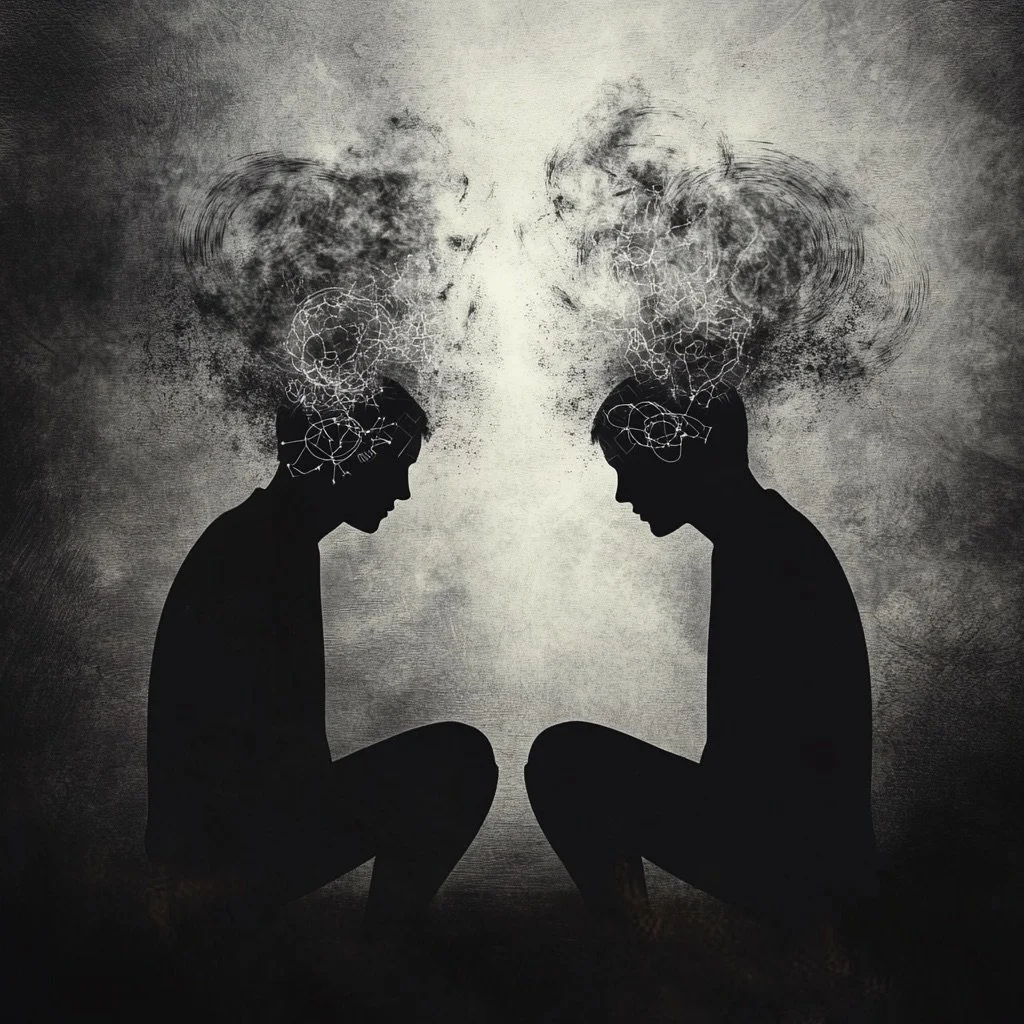WHY DO WE “AVOID” THERAPY
4 minutes read
“I don’t need therapy”, “I did three sessions and I didn’t see any changes”, “I would rather talk to a friend for free” “Who has time for that?” “I would rather go shopping” “I don’t trust the therapist” “It’s too expensive” “I have no problems; I am very happy”
The list can go on, and so can the reasons why therapy is good. However, I will focus on what I think is a good start to learn and give you some questions to reflect on.
First, let me start by validating all your feelings around therapy. Yes, it can be expensive, yes you can talk to a friend for free, yes, it is possible not to trust the therapist and whatever your priorities are, you have a right to prioritize them in whatever way you want. I will take you on a neuroscience perspective journey (in a simplified way) to help you make sense of this.
As human beings we all have emotions, feelings and a language to express (sometimes limited). Having a friend, a family, a partner, or community that supports you it’s something I as a therapist not only encourage, but will also help you built that support system, because it is very important for your well-being. We all go through difficult moments and everything we go through (no matter of its intensity) will have an impact in our system (mind-brain-body). Language, communication, the narrative you create around your experiences, the memories, the interactions and connections (internal and external) will deeply affect your decision-making and whether or not you seek help. Let’s take an example: Anxiety. Despite the additional circuits, one important part of the brain involved in anxiety is amygdala. Amygdala will be activated by many external or internal events, and by the meanings we perceive regarding our life situations. Let’s call this our defense system that it’s there to protect us. An interesting fact about this system is that it also operates under the unconscious level. So, fear reactions can be elicited without our awareness (and these have been measured in experiments, – see reference). That means sometimes you might not be able to tell why you are anxious or in fear. Furthermore, because the fear/anxious reaction doesn’t reach your conscious level, you might be unable to tell someone (and the therapist) that you are experiencing anxiety. This influences your behavior; and of course, it’s understandable now that you might want to avoid therapy, because that feeling which sometimes is unconscious, is trying to protect you. Going to therapy means you will be facing some difficult feelings, emotions, trauma and things you are not even aware of. And of course, trusting a therapist is not a given. It is something that takes time and needs to be built, and I understand the resistance there. That resistance has helped you a lot in your life before. And I understand that you haven’t seen any change after three sessions; you are right, you can’t see the change after only 3 sessions (I will write another blog about the change process). It is expensive sometimes (it goes back to priorities, and this is relative) but there are so many other resources you can take advantages of. Me and my team are currently offering affordable therapy (see the link below) and supporting groups.
Now ask yourself these questions: What am I really trying to avoid when I refuse to seek therapy? What are the long-term benefits of the therapy that is worth investing my time, money, and dedication? What are some myths or stigma around therapy and how has that affected my beliefs? How can a therapist be more helpful than my friend or my support system? How committed am I on working on myself and make this my priority? Why am I so afraid of change?
Write your reflections down and bring it to your therapy sessions when you decide to seek therapy. You already have a lot to bring to the table!
Reference
Grawe, K., & Beitman, B. (2007). Neuropsychotherapy: How the neurosciences inform effective psychotherapy. L. Erlbaum.
Links
https://www.psychologytoday.com/us/therapists/veneta-callpani-long-island-city-ny/1038567
